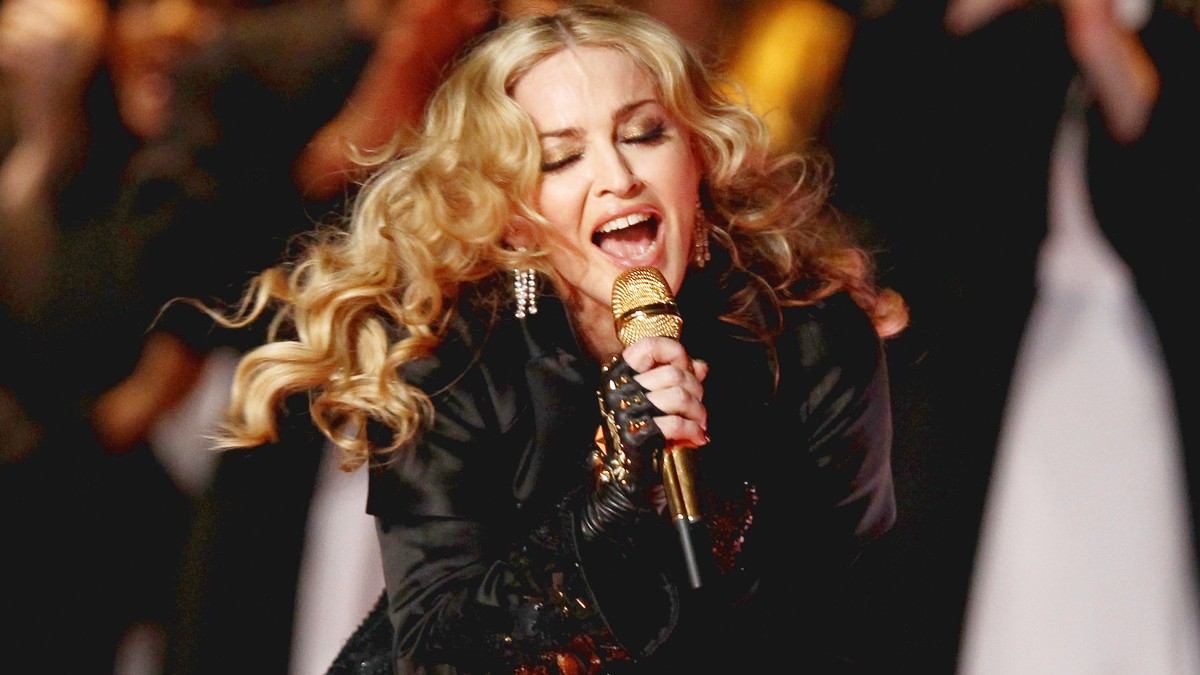There are any number of reasons to want to sue Madonna. Maybe, for example, you just rented Dick Tracy, or watched the 1985-’6 season of SNL.
Or maybe you attended the 65-year-old pop goddess’s Celebration Tour and, like two ticket holders at one of her December concerts, you felt that Madonna didn’t do Madonna stuff in a timely manner. Maybe that was enough to make you, in legal parlance, throw down.
It’s the sort of anecdote that rings weird, doesn’t it? We’ve all lived lives packed with stories like the one about the woman suing Mcdonald’s because her coffee was too hot, and we’ve all wound up feeling bad afterward when we found out that the seemingly reactionary plaintiff actually had a pretty good reason to be mad. Twice shy, we’re forced to wonder: Is someone really suing Madonna for not starting her show on time?
The Madonna lawsuit: Somehow real
Funny story: Yeah, it sure looks like a couple of concert attendees are taking Madonna to court, citing what sounds close to “negligent tardiness.”
Here is the crux of a recent lawsuit filed against the singer: Her concert at the Barclays Center in Brooklyn on the cold evening of Dec. 13, 2023, was supposed to start at 8:30. It said so on the tickets and the posters and everything. Instead, the show began at 10:30. That’s a difference of 120 minutes, or enough time to listen to Madonna’s collaboration with Justin Timberlake and Timbaland, “4 Minutes,” 30 times in a row.
The lawsuit, in which the plaintiffs seek undisclosed damages, claims that Madonna, the Barclay Center, and the Celebration Tour promoters at Live Nation dealt in “false advertising, negligent misrepresentation, and unfair and deceptive trade practices” when they sold tickets that said “8:30” on them. As shared by People, they go on to state that Madonna was late getting to the stage during her Dec. 14 and 16 concerts as well.
In their complaint, the two concert-goers have stated that if the actual time of the concert was revealed firsthand, they “would not have paid for tickets.” Instead of highlighting why they were specifically bothered by the delay, their lawsuit states how others who attended the concert probably had to get up early the next day for work or other family responsibilities. The other half of their generalized reasoning states how the late hour at which the concert ended (1am) made it difficult for those attending the concert to find means of transport.
So, why was the plaintiffs’ time, in particular, so valuable that they felt the need to seek justice in the form of financial restitution? Well, unless the non-specific reasons mentioned above apply to them as well, in earnest, and without sarcasm or cynicism, it can only be assumed that one was a heart surgeon with a 6 AM surgery scheduled for the next morning, and the other was a hard-living stepdaughter whose magnificent gown was set to turn back into rags at midnight. Alternatively, maybe the people in question just have very strict bedtimes. We’ll know more as the case unfolds.

